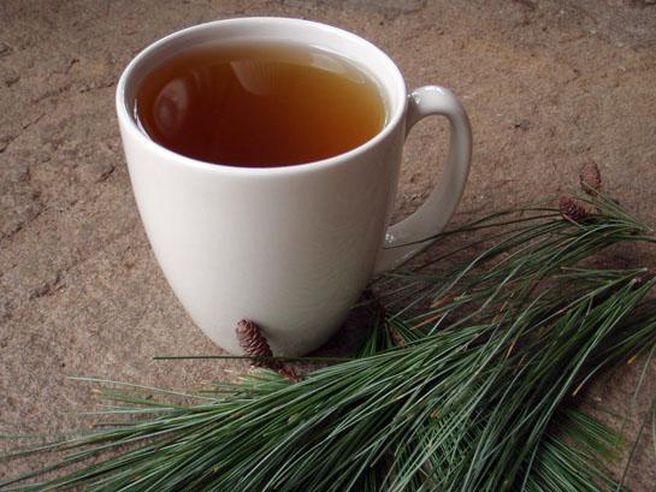 Tea is a comforting and soothing drink. Humans and survivalists have been sipping helpful wild teas for centuries.
Tea is a comforting and soothing drink. Humans and survivalists have been sipping helpful wild teas for centuries.
Willow tea is a wonderful way to deal with inflammation and pain in the wild. Native peoples have used this brew infusion for centuries. The bark of willow trees/bushes can be used to make a healthy tea.
As a Scoutmaster, I used to make Willow Toothbrushes for the boys in my Scout troop. There was no way that they planned to use modern toothpaste or brushes. Instead, they thought Willow Twigs was a cooler way to keep their teeth and gums fresh and healthy.
The bark of willows contains a chemical called Salicin. This natural chemical compound is like acetaminophen. Like aspirin, it limits the chemicals in the body ‘s nerves to produce pain. I used a hand pruner to cut pencil thick willow branches about six inches long. I would then use a rock to smash the end about an inch down. The smashed fibers became the brush. The Scouts could scrub their teeth and clean their gums. The Salicin numbed the area and left a minty freshness. I often found mint that the boys would also add to their water jugs or chew on. The Scouts enjoyed the effects of the wild calming tea.
Willow also contains Flavonoids that help against toxins and carcinogens. Polyphenols are tannins found in willows that help reduce Blood Pressure. The antioxidants also help with hair, nails, and skin health.
Too much of anything can also be harmful. Drinking too much Willow Tea can also function as a blood thinner and increase the blood pressure or deter blood from clotting.
Drinking a few cups is better than a lot.
To make willow tea, strip two teaspoons of fresh bark from the young willow branches. Tear it into pieces and bring to a boil in 8 oz. of water. Simmer and steep for 15-20 minutes. You can also add wild berries to the tea for flavor.
The tea has an earthy smell and can taste better. Adding honey will smooth out the flavor.
Other tasty Teas!
Dandelion Tea You need twelve dried dandelion roots. Cut the dried roots into pieces and steep in hot water for 10 minutes. The tea helps reduce inflammation and reduces blood pressure. Do not scavenge plants where fertilizers and chemicals have been applied.
Rosehip Tea The spent flowers of wild roses produce a hard berry that can be brewed into a tasty tea. Hips are loaded with Vitamin C and is an anti-inflammatory.
Pine Needle Tea Most young pine needles are perfect for brewing a drink that relieves pain, reduces Blood Pressure, and contain Vitamin C. Not all pine needles are appropriate to use. Norfolk Island Pines, yews, and Ponderosa pine needles are toxic to humans. Use common white pine, spruce, scotch pine, and firs for teas. The young, small needles at the ends of boughs are the best.
Mint Tea This common, wild plant is good for treating colds and reducing pain. It is also a digestive aid and relieves nausea. Try using mint tea with dissolved/crushed campfire charcoal mixed in for diarrhea.
Birch Tea Small. Young birch twigs have a wintergreen taste. This soothing and comforting tea helps with joint pain and arthritis. Try adding some milk and honey to this tasty tea.
All wild teas should be.
Cleaned before use.
Not boiled but steeped in hot water.
Smash or tear the tea components to release more chemicals.
Never harvest tea fixings from places where fertilizer, insecticides, or herbicides have been used.
The longer you brew tea, the more benefits will be released. Teas can be enjoyed warm or cold. Blending different tea fixings can make a custom, flavorful tea blend. Adding blue berries, blackberries, choke cherries, etc. can add sweetness and additional benefits to the beverage.
Teatime Please!
Montana Grant




